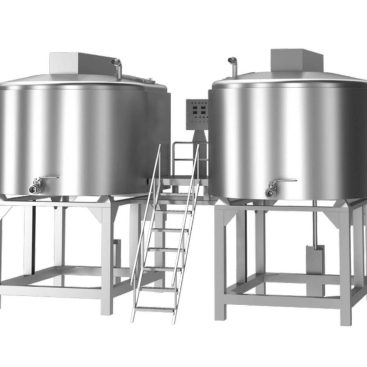Hellim Peyniri Üretim Hattı
| Hellim Peyniri Üretim Hattı | MİLKOSAN |
Halloumi is mostly manufactured from sheep and goats milk. It s the traditional cheese of Cyprus and, according to legend and published data.
Salt is considered an integral part of the manufacture of Halloumi cheese as it contributes to the taste of fresh Halloumi cheese, and controls the multiplication of pathogens and/or spoilage microorganisms. Salt is also important in the maturation of Halloumi because the fresh cheese is immersed in whey brine of salt.
The production of Halloumi cheese in modern dairies has been almost fully mechanised
through the invention and construction of customised machineries. Pasteurised and inoculated milk is coagulated inside Cheese Process Tank. After coagulating the curd is cut using rotating horizontal and vertical stainless steel knives. The curd particles are left to rest and precipitate in the process tank for few minutes in order to expel whey. The curd particles are covered with a perforated stainless steel sheet, and pressure is applied to fuse the curd particles and expel more whey. The pressed curd is then mechanically transferred to the cooking vat where it is cooked at temperatures of ~90°C for at least 30 min.
The fresh product is left to cool on a cheese table under controlled temperature conditions, and directly placed in brine vats containing cool pasteurised whey with added salt. Halloumi blocks will remain in the whey brine at 3–5 0C for ~18 h, which is the time required for the cheese to reach the desired salt level

